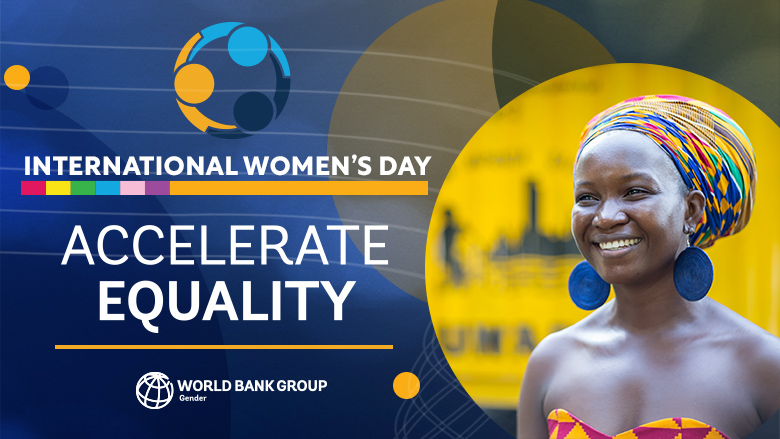By Muhammad Amaan
The World Bank said despite advancements in equal-opportunity legislation, women around the world still face significant disparities in legal protections and access to critical services even in wealthy economies.
This was contained in the latest report by the World Bank titled, ‘Women, Business, and the Law,’ which revealed that no country in the world, not even the wealthiest, provides equal opportunity for women.
According to the report, this confirms that the global gender gap for women in the workplace is far wider than previously thought.
It stated that when legal differences involving violence and childcare are taken into account, women enjoy less than two-thirds of the rights of men.
The World Bank stated that in South Asia, including Sri Lanka, none of the eight economies have scored above the legal index global average of 64.2.
It read in part, “Sri Lanka scored 45.0 for legal frameworks, 30.0 for supportive frameworks and a 41.3 expert’s opinion score on its status of women’s rights.
None of the eight countries have achieved legal gender parity, despite allowing women to be ‘head of households.’
“Sri Lanka, in particular, does not have access to affordable and quality childcare, receiving a score of zero in this aspect. Women have access to only 64 per cent of the legal protections available to men.
“While 98 economies have enacted equal pay legislation, only 35 have implemented measures to address the pay gap effectively. This means countries on average have established less than 40 per cent of the systems that allow women to enjoy roughly two-thirds the rights of men.”
It further noted that the global average score for women’s safety stood at 36, indicating that women enjoy barely a third of the required legal protections against violence and harassment.
The bank also pointed out that though workplace sexual harassment laws exist in 151 countries, only 39 have laws prohibiting it in public spaces.
Additionally, it stated that women spend an average of 2.4 more hours a day on unpaid care work than men, with only 78 economies providing some financial or tax support for parents with young children.
Only 62 economies have quality standards for childcare services, impacting women’s workforce participation, even as entrepreneurship opportunities for women are also limited, according to the report.
It noted that with only one in five economies mandating gender-sensitive criteria for public procurement, cutting off women out of a $10 trillion-a-year economic opportunity is not right.
This, the report stated, means that women earn just 77 cents for every dollar earned by men, adding that for the first time, Women, Business and the Law assesses the gap between legal reforms and actual outcomes for women in 190 economies.
On the findings, Chief Economist of the World Bank Group and Senior Vice President for Development Economics, Indermit Gill, said, “Women have the power to turbocharge the sputtering global economy. Yet, all over the world, discriminatory laws and practices prevent women from working or starting businesses on an equal footing with men.
“Closing this gap could raise global Gross Domestic Product by more than 20 per cent essentially doubling the global growth rate over the next decade but reforms have slowed to a crawl.”




